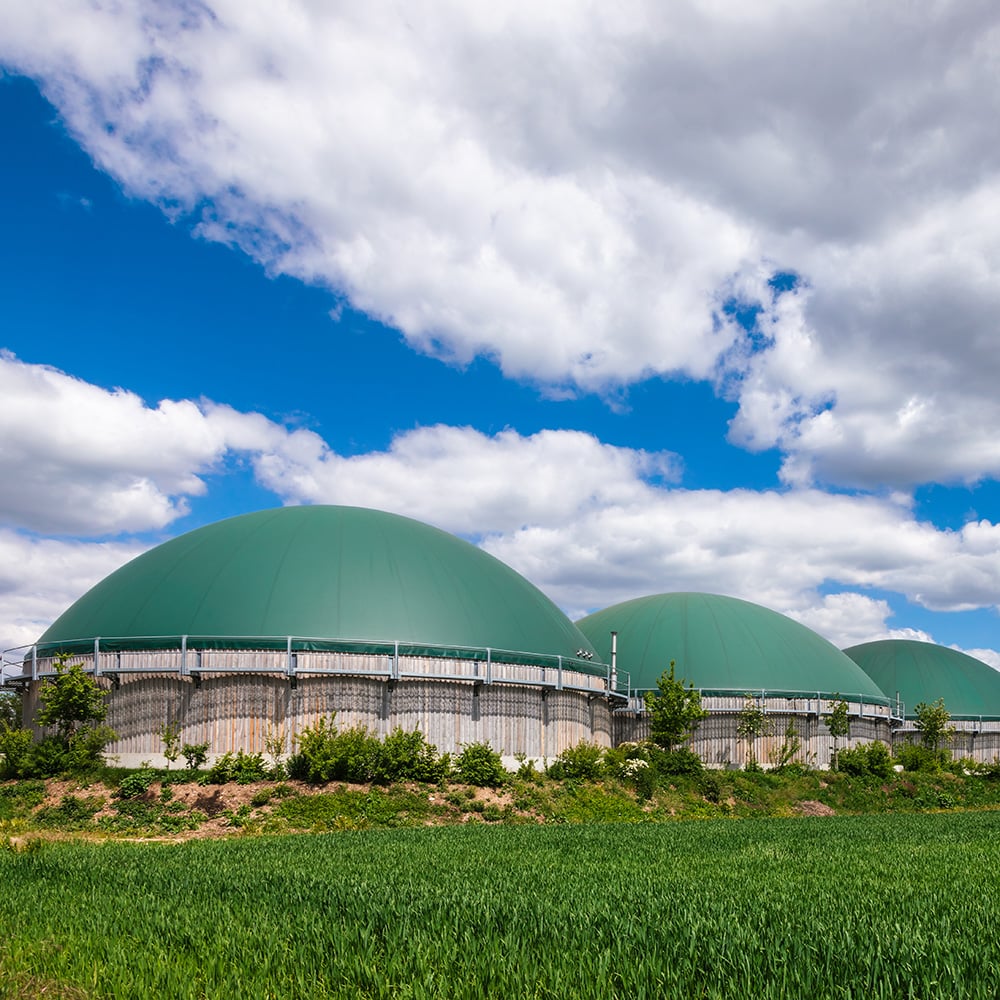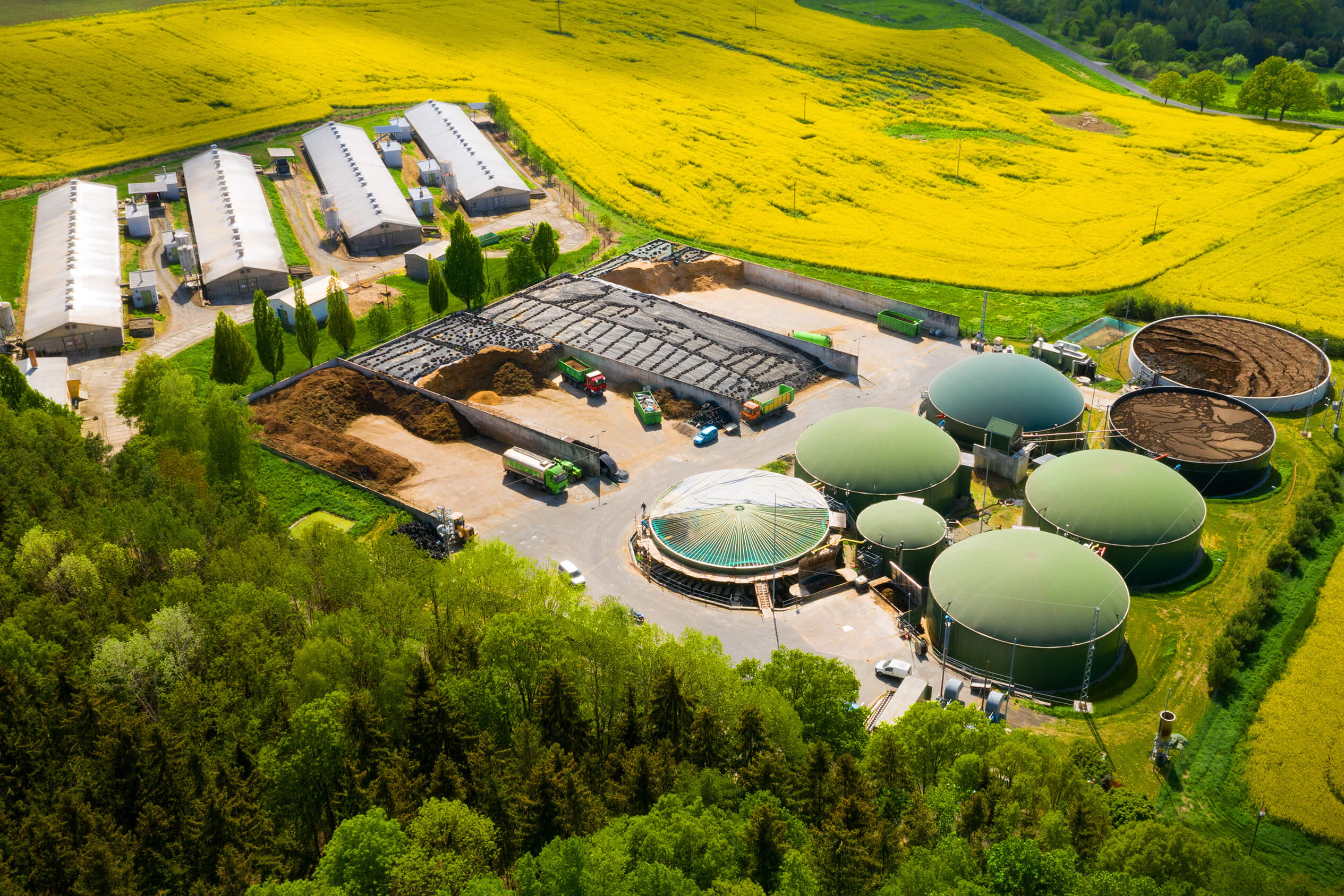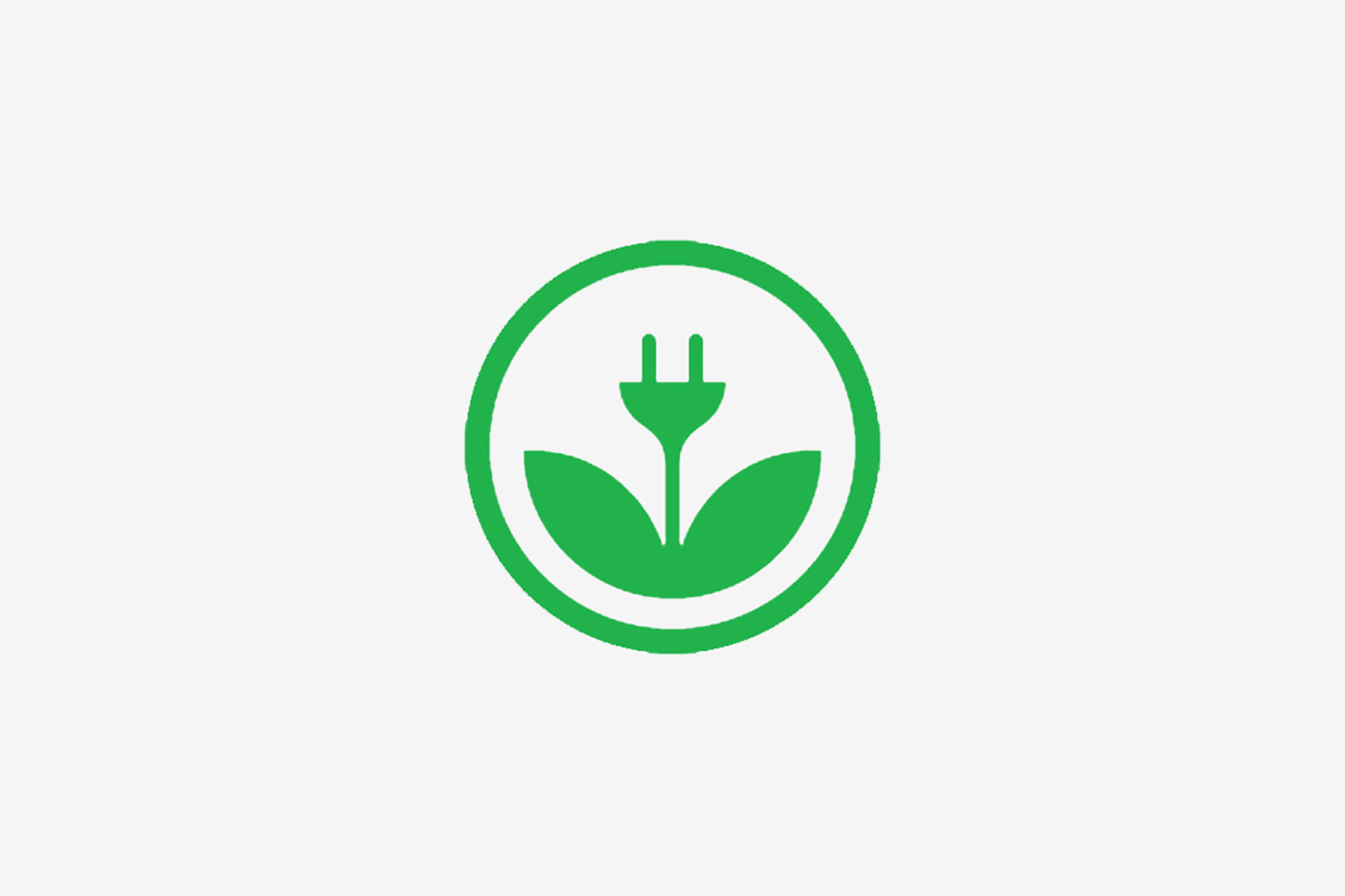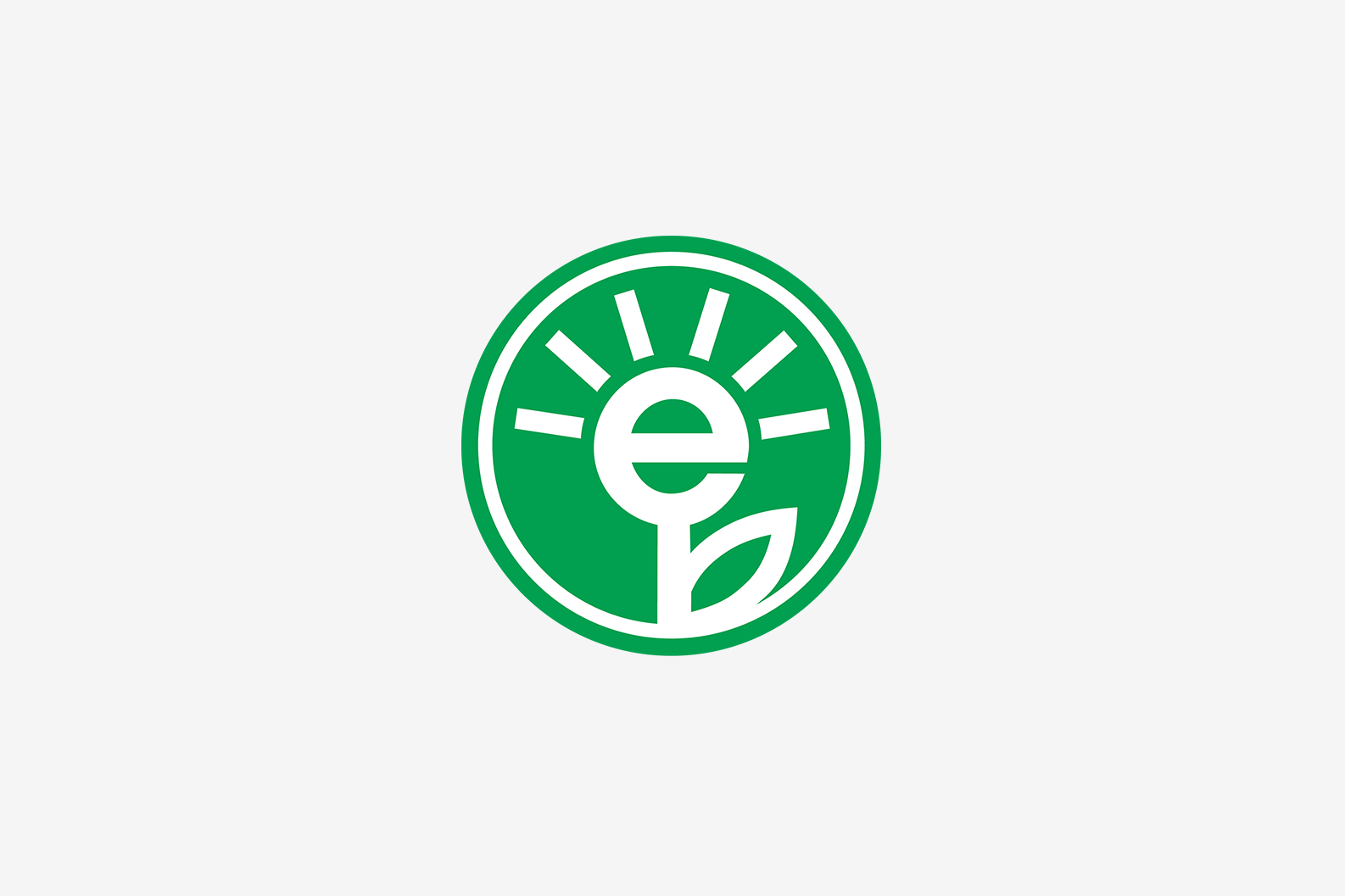Biogas / Biomethane Certificates
Decarbonise your Scope 1 by switching to renewable gas and go one step further in your net-zero journey.

The next step in energy decarbonisation
Reduce Scope 1 emissions
 Lower the GHG output of sources owned or controlled by your organisation.
Lower the GHG output of sources owned or controlled by your organisation.
Save on EU ETS allowances
 Reduce your obligations to buy carbon quotas according to European legislation.
Reduce your obligations to buy carbon quotas according to European legislation.
Switch to renewables while keeping your gas supplier
 Source renewable gas from national grids without the need for technical upgrades.
Source renewable gas from national grids without the need for technical upgrades.
Advance towards climate targets
 After electricity, gas is the natural place for companies to continue reducing emissions.
After electricity, gas is the natural place for companies to continue reducing emissions.
What is biogas, and how is it different from biomethane?
Biogas is a combination of methane, CO2, and other gases obtained from the controlled decomposition of organic matter. Once refined — or “upgraded” — it is turned into biomethane, a compound identical to natural fossil gas that runs through national grids, except it is virtually carbon-neutral.
Biomethane and biogas are often called “green gas,” a broader category that also includes other renewable fuels of non-biological origin, such as green hydrogen and syngas.
What is a biomethane certificate?
Biomethane certificates are documents that attest to the production, ownership, and consumption of biomethane, along with its sustainability attributes. Different countries and regions use different certification systems: in Europe, these include Guarantees of Origin (GOs) and Proofs of Sustainability (PoS), while in North America, Renewable Thermal Certificates (RTCs) are used.
 Ecohz is cerfitifed by the International Sustainability and Carbon Certification (ISCC), which allows us to provide customers with ISCC EU-certified biomethane for voluntary and compliance purposes in Europe.
Ecohz is cerfitifed by the International Sustainability and Carbon Certification (ISCC), which allows us to provide customers with ISCC EU-certified biomethane for voluntary and compliance purposes in Europe.
How can companies source biomethane certificates?
Biomethane certificates
 GOs in Europe and RTCs in North America, sourced independently from physical gas to claim ownership or consumption of a corresponding volume in MWh.
GOs in Europe and RTCs in North America, sourced independently from physical gas to claim ownership or consumption of a corresponding volume in MWh.
ISCC Proof of Sustainability (POS)

Used to track and claim specific sustainability and GHG reduction attributes. Transferred between countries and owners to support carbon intensity claims, for example, under the EU Emissions Trading System (ETS) and in relation to renewable transport fuels.
Biomethane Purchase Agreements (BPA)
 Long-term off-take contracts, including the delivery of physical gas and bundled biomethane certificates.
Long-term off-take contracts, including the delivery of physical gas and bundled biomethane certificates.
How to buy biomethane certificates
01 Strategy
Our advisors tailor a procurement plan for your company based on your location, volume of consumption, and reporting framework.
02 Offer
You receive an offer with a specific rate and expiry date. Upon acceptance, we secure the quoted price.
03 Contract
We deliver a standardised contract to guarantee the purchase and delivery of biomethane certificates by an agreed date.
04 Delivery
We provide you with an invoice and all the necessary documentation for renewable energy reporting.
Where is biomethane available?
Ecohz can provide biomethane certificates to cover gas consumption in almost every country in Europe and in North and South America.
Although not every country has a functioning registry for the issuance and redemption of biomethane certificates, many countries allow the redemption of certificates produced outside of their borders for domestic consumption.

Biomethane Purchase Agreements (BPAs)
Similar to Power Purchase Agreements (PPAs), Biomethane Purchase Agreements (BPAs) are long-term off-take contracts that ensure the availability of renewable gas in geographies with limited supply.
Ecohz provides personalised advisory services to help companies secure BPAs and claim all the sustainability benefits of consuming biomethane.
Ecolabels for additional impact
Source biomethane that fulfils stricter sustainability requirements and catalyses higher environmental and social benefits.
How to use biomethane to decarbonise: what companies need to know
Join industry experts for a 45-minute webinar on how biomethane can support corporate decarbonisation strategies.
Thursday 12 March 10.00 - 10.45 CET

Why Ecohz
With more than 20 years of experience in the renewable energy market, we simplify how companies utilise a suite of sustainability solutions, tailoring them to their sustainability goals. Our experts can advise on and provide renewable gas compliant with voluntary schemes and European regulation.
We are committed to providing organisations with the best decarbonisation tools available. To learn more about how your company can integrate renewable gas into your climate strategy, get in touch.
FAQs about biomethane
A chain of custody is a general term for tracking the transfer of sustainable materials through value chains. For biomethane, having a chain of custody ensures the sustainability characteristics of biomethane can be followed from production to end use.
Mass balancing is a type of chain of custody option that enables the tracking of sustainable materials where they are physically mixed with other materials of a similar chemical composition, such as biomethane in a gas pipeline. In Europe, mass balance involves matching sustainable materials with a certificate, Proof of Sustainability, acting as a product passport through the value chain.
The answer depends on the type of documentation and tracking of a specific volume of biomethane.
On the one hand, biomethane GOs function as a book and claim system, where the final consumer assigns the renewable attributes of the GO to their final gas consumption. This does not mean that the consumer is physically using biomethane. Rather, it means that the final user owns the environmental attributes of a volume of biomethane produced and injected into a shared grid.
Conversely, according to European legislation, biomethane GOs along with Proofs of Sustainability (PoS) and a matching volume of gas certify the transfer and use of physical sustainable biomethane.
Yes, in many cases. Biomethane certificates are often tradable across borders, depending on the certification scheme and registry rules.
Biomethane is produced from biological waste and residues and is chemically identical to natural gas. Green hydrogen is produced by electrolysing water using renewable electricity. Biomethane can use existing gas infrastructure, while green hydrogen often requires new or adapted infrastructure.
There are two types of certificates that commonly accompany biomethane. Guarantees of Origin (GOs) are issued by recognised registries once biomethane production and grid injection are verified. They are issued in a national registry and redeemed—or cancelled—when a buyer uses them to support a renewable gas or emissions claim, removing them from the market to prevent double counting.
Proofs of Sustainability (PoS) are issued by recognised national or voluntary schemes. Proofs of Sustainability act as product passports and specify the key sustainability and GHG characteristics of a volume of biomethane, such as feedstock type, carbon intensity and quantity. A PoS follows the physical product through value chains, testifying to changes of ownership, transport and refining of the renewable material to other energy carriers.
Biomethane certificates can support lower emissions claims for gas consumption in corporate reporting, provided they meet quality criteria such as proper issuance, cancellation, and alignment with time and location. Their use must be disclosed transparently.
Guidance on biomethane certificates from major standards such as the GHG-P and SBTi is still under development. However, corporate consumers of biomethane can refer to the European Sustainability Reporting Standards (ESRS) which do accept biomethane certificates as proof of renewable energy use and reduced emissions.
Yes, biomethane certificates are valid under compliance carbon markets, such as the EU Emissions Trading System (ETS) and national regulatory markets such as Germany’s road fuel ghg intensity market or the building heating market.
Companies subject to emission quota markets can reduce their total quota obligations by properly documenting the purchase, consumption, and correct quality of biomethane.
Biomethane GOs can be purchased separately from physical gas supply. Companies can continue using their existing gas supplier while sourcing certificates from certified producers or traders.
Looking to switch to biomethane? Let's have a chat.
Get in touch
Arturo Sanchez
Senior Key Account Manager

Nils Holta
Net Zero Advisor
EU Regulatory Markets
Book a meeting
Get our latest news and insights to your inbox
Subscribe to our monthly newsletter to get first-hand market analysis and intelligence on sustainable solutions for your company.


